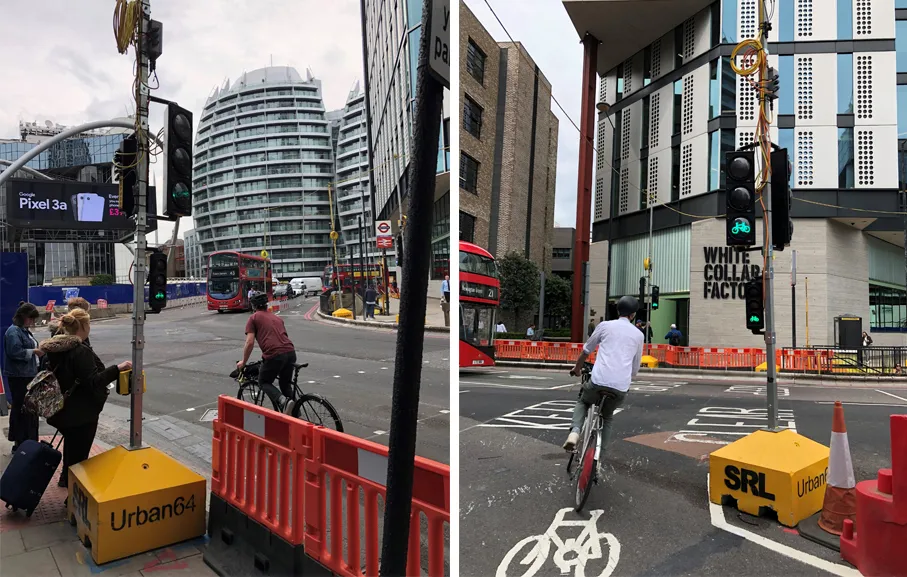A new peer-to-peer car sharing scheme is helping one council slash the cost of workers’ transport.
Peer-to-peer car sharing company HiyaCar’s QuickStart service uses an encrypted ‘virtual key’ sent to the driver’s mobile phone, allowing them to unlock, start and lock the vehicle they have hired. Vehicle owners fits a device to the diagnostic port in their car which enables it to be unlocked and started when activated by the ‘virtual key’ transmitted from the driver’s mobile phone via Bluetooth.
As the hire finishes, the driver uploads live footage of the vehicle as evidence of its condition, the ‘virtual key’ expires and the vehicle owner receives around 70% of the hire charge. According to HiyaCar, as the owner need not be present for the hand-over, QuickStart enables no-notice, short duration rental and a cost is typically lower than traditional car rental.
The council replaced a pool of four permanent hired vehicles with three cars owned by full-time office-based employees who were enrolled into a ring-fenced version of QuickStart that enables other council employees to use those cars during the day. The council only pays when the car(s) are being used and previously occupied parking spaces are available for visitors.
HiyaCar checks the vehicle’s, owner’s and driver’s credentials and bespoke insurance covers the cost of any damage or breakdowns. While currently only active in London, the company plans to expand into other cities.
Peer-to-peer car-sharing cuts council’s travel costs
A new peer-to-peer car sharing scheme is helping one council slash the cost of workers’ transport.
July 14, 2017
Read time: 2 mins










